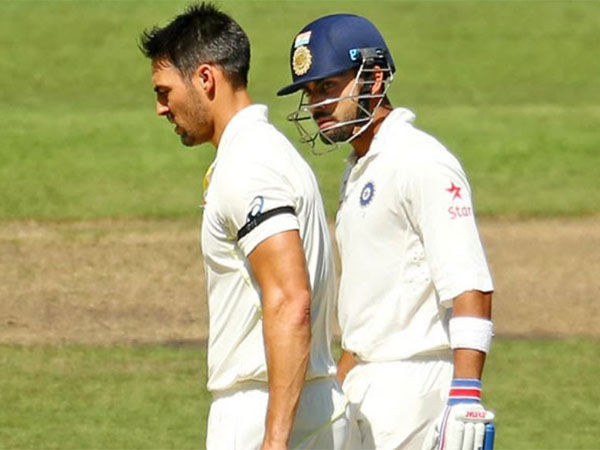November 19, 2024: Michael Clarke has offered a compelling argument about why Australia should avoid sledging Virat Kohli, particularly during the upcoming Border-Gavaskar Trophy (BGT) series. Despite Kohli’s recent struggles with the bat, Clarke warns that targeting him verbally would only play into the Indian stalwart’s hands. Here are the key reasons Clarke listed for why Australia should steer clear of sledging Kohli.
Kohli, despite facing a lean patch in Test cricket over the past few years, remains an extremely driven and determined player. Clarke points out that the more Kohli is targeted, the more it could fuel his desire to prove his critics wrong. Having been in a difficult phase since 2020, Kohli is working hard to regain his form, and the challenge of silencing his detractors may be precisely what drives him to find his rhythm again. Clarke believes that any attempt to provoke him will only motivate Kohli further, as he thrives under pressure.
Clarke acknowledges Kohli’s mental toughness and ability to turn sledging and aggression into fuel for his performances. Historically, Kohli has responded to sledging with some of his best cricket. Clarke notes that engaging in a verbal exchange with him would be exactly what Kohli wants, as it would give him the mental edge to turn the focus away from his form and into the competitive fight. Clarke wisely suggests that the Australians should avoid playing into this narrative by not giving him the opportunity to ignite his competitive spirit through off-field provocations.

Clarke also alludes to Kohli’s strong track record on Australian soil, where he has often found form when it matters most. Despite his recent struggles, Kohli has a history of bouncing back in challenging situations, especially in Australia. Clarke sees the Australian conditions as a potential turning point for Kohli, noting that the pressure of the BGT combined with his past successes could help him regain his form. By avoiding sledging, Australia would deny Kohli the added motivation he often gets from mind games.
Clarke emphasizes that for India to do well in the series, Kohli needs to be at his best. As the senior player in the team, Kohli’s contributions with the bat will be crucial for India’s chances of success in the BGT. Clarke states that while India has a strong squad, if they are to win the series, Kohli’s runs will be critical. By avoiding sledging, Australia can focus on the cricket itself, taking Kohli out of the equation mentally, rather than empowering him with extra fuel to fire back.
Clarke, having experienced high-pressure Test series, also understands that sometimes the more a player is targeted, the bigger role they play in the narrative. By engaging with Kohli in verbal exchanges, Australia could inadvertently make him the focal point of the series. Kohli has a knack for thriving under such situations, and if sledging becomes a part of the series’ narrative, he may use it to galvanize his performances. Clarke suggests that it’s in Australia’s best interest to avoid making Kohli the center of attention, as this may elevate his game rather than disrupt it.
Despite concerns over Kohli’s fitness and recent lean patch, Clarke notes that Kohli has been ramping up his preparations for the series, showing no signs of injury or discomfort during his recent training sessions. Clarke sees this as an indication that Kohli is mentally and physically preparing to make a significant impact, and again, he warns Australia not to give Kohli any extra motivation to fire by engaging him in verbal duels.

Conclusion
In essence, Clarke’s message is clear: Australia should avoid sledging Virat Kohli because it could backfire. Given Kohli’s mental resilience, his ability to use sledging as motivation, and his importance to India’s success, any attempt to provoke him would only serve to fuel his competitive spirit. Instead, Clarke suggests that Australia focus on their cricketing skills and strategies rather than engaging in verbal battles, allowing the match to be decided on the field rather than through off-field distractions.

